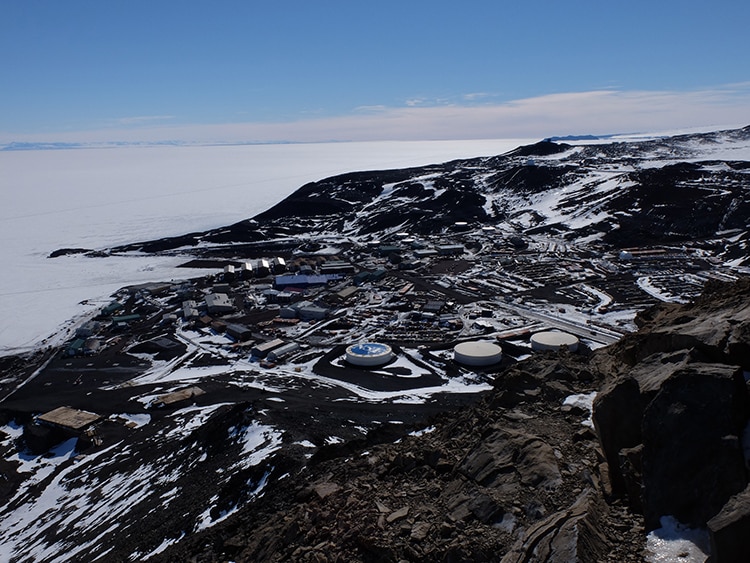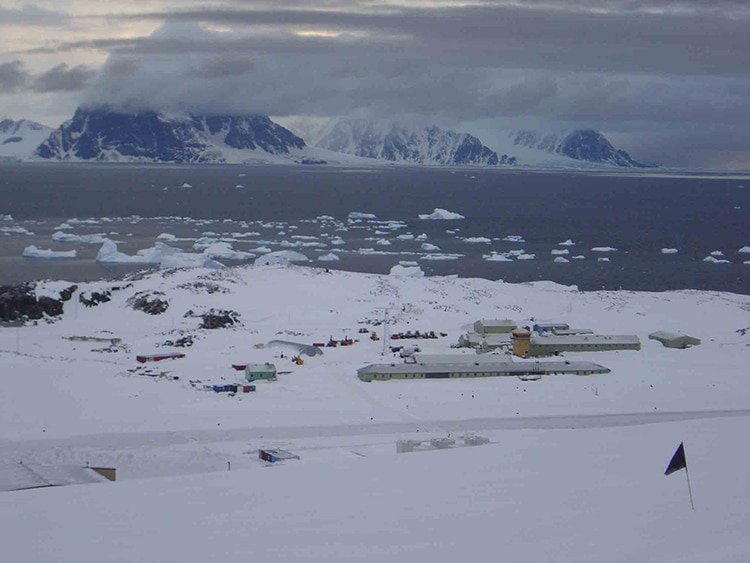The McMurdo Station, 2014.
Certainly, one gets to know one’s coworkers very well.
They predictedand confirmed with datathat a team of isolated scientists actually began to develop a uniquely Antarctic accent.

The McMurdo Station, 2014. (Photo: Marco Feldmann/FH Aachen viaWikimedia Commons,CC BY 2.0 DEED)
The phonetics scholars had a selection of the Antarctica-bound individuals record their voices before they left on their mission.
For 26 weeks, they endured endless darkness and freezing cold temperatures.
Yet while working and playing, they would record themselves weekly saying lists of vowel words.

Rothera Research Station. (Photo:Wikimedia Commons,CC BY-SA 3.0 DEED)
These recordings were eventually provided to the Munich team who analyzed the results.
Six months isn’t very long, so we saw very, very small changes.
But we found some of the vowels had shifted.
This accent drift was largely not perceptible to the Antarctic-based speakers, but the computers could detect it.
Listening to others affects our pronunciation, and explains how larger shifts can take place with time.
For some of the non-native English speakers, there was a shift in their pronunciation.